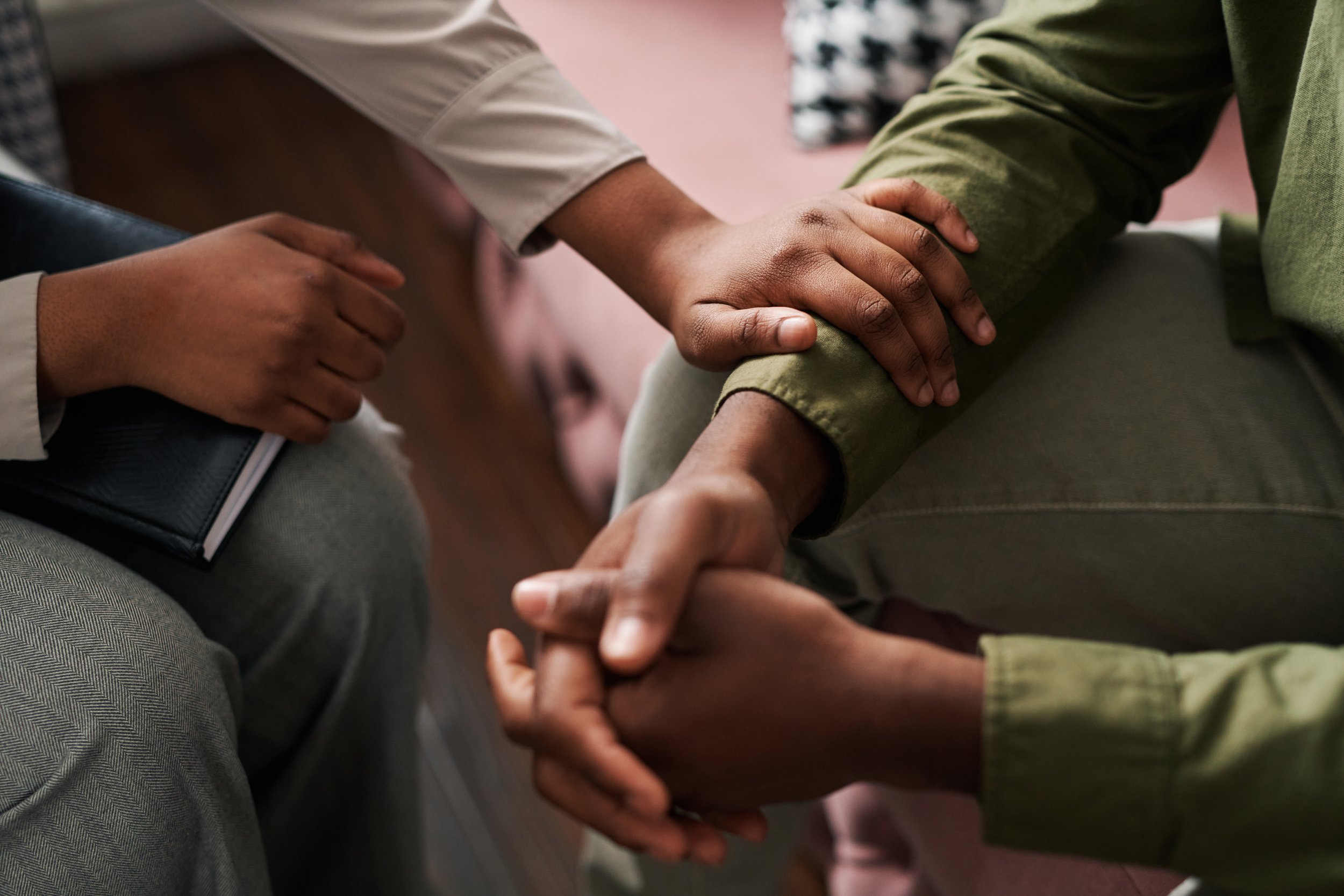Mental Health Challenges in the Black LGBTQIA+ Community
Navigating Discrimination, Stigma, and Intersectionality
The mental health challenges faced by Black LGBTQIA+ individuals are multifaceted, rooted in the intersectionality of race, gender, and sexual orientation. These individuals often navigate multiple layers of discrimination, stigma, and societal rejection, leading to a range of unique mental health struggles. In addition to the mental health challenges that any LGBTQIA+ person may face, Black LGBTQIA+ individuals must contend with the added weight of racial discrimination, often compounding the distress and marginalization they experience. Understanding these challenges is crucial to providing effective, culturally competent care for this community.
Intersectionality: The Core of Mental Health Struggles
The concept of intersectionality, introduced by legal scholar Kimberlé Crenshaw, is pivotal to understanding the unique experiences of Black LGBTQIA+ individuals. Intersectionality refers to the way in which multiple social identities (such as race, gender, and sexual orientation) intersect and overlap, often leading to compounded forms of discrimination and marginalization. For Black LGBTQIA+ individuals, this means navigating both homophobia and racism simultaneously—issues that impact their mental health in distinct and often compounded ways.
In the context of Black same-gender-loving male couples, for example, research by Dr. Jonathan Mathias Lassiter highlights the complexities of navigating a relationship when both partners face external and internalized stigma based on their racial and sexual identities. Dr. Lassiter's work explores how these compounded pressures often lead to feelings of isolation, anxiety, and depression. The emotional toll of facing societal rejection, particularly in a society that is often hostile to both Blackness and queerness, can lead to diminished psychological well-being. For Black LGBTQIA+ individuals, it can feel as though they are caught in a constant struggle for acceptance, contributing to lower self-esteem and a persistent sense of alienation.
The Impact of Racism and Homophobia
Black LGBTQIA+ individuals face unique forms of discrimination, experiencing both racism and homophobia in various spheres of life—from the family unit and religious spaces to the workplace and healthcare settings. These experiences of discrimination can contribute significantly to mental health disparities. Studies indicate that racial discrimination has been linked to higher rates of depression, anxiety, and post-traumatic stress disorder (PTSD) among Black people in general, and the effects are even more pronounced when combined with the discrimination faced by LGBTQIA+ individuals.
Homophobia within the Black community can also create particular challenges for mental health. In many Black cultural or religious contexts, LGBTQIA+ identities may be seen as incompatible with family or community values, creating tension and rejection. The rejection of Black LGBTQIA+ individuals by their families can lead to homelessness, economic hardship, and further isolation, all of which have serious mental health consequences.
Additionally, the stigma surrounding both Blackness and queerness often manifests in harmful microaggressions—subtle, everyday exchanges that may seem harmless but are, in fact, deeply damaging to a person’s sense of self-worth and mental health. For example, Black LGBTQIA+ individuals may face the microaggression of being stereotyped as "confused" about their sexual identity or told they are "too Black" or "not Black enough" because of their queerness. These compounded slights are emotionally exhausting and can lead to a persistent sense of alienation.
Moving Toward Healing: Culturally Informed Therapy
In order to address the mental health challenges faced by Black LGBTQIA+ individuals, mental health professionals must adopt culturally informed and affirmative therapeutic practices. Affirmative therapy is a framework that recognizes and supports clients' identities without judgment or bias. It provides a safe space for Black LGBTQIA+ clients to explore their experiences and emotions, helping them navigate the complex layers of racism, homophobia, and self-acceptance.
Research, such as that conducted by Dr. Jonathan Mathias Lassiter, emphasizes the importance of therapists understanding the specific cultural and societal factors affecting Black LGBTQIA+ clients. Practicing cultural awareness includes understanding the impact of historical trauma, the need for safe spaces, and the intersectionality of race and sexual orientation in shaping an individual's identity and experiences. Furthermore, culturally informed therapy encourages Black LGBTQIA+ clients to draw strength from their cultural heritage and identity as they work through mental health challenges.
The mental health challenges faced by Black LGBTQIA+ individuals are unique and complex.
Understanding these challenges is crucial to providing effective care and support. By integrating the findings from research, including the work of Dr. Jonathan Mathias Lassiter, therapists can better understand the emotional toll of racism and homophobia on mental health and provide culturally affirming, empowering care for Black LGBTQIA+ clients.
It is essential for society to continue working toward greater inclusivity and acceptance of all identities, especially those that lie at the intersections of race and sexual orientation. In the meantime, mental health professionals have a responsibility to create spaces that not only provide healing but also affirm the diverse, vibrant identities of Black LGBTQIA+ individuals.
If you're looking for a compassionate LGBTQIA+ therapist in NYC who understands the unique challenges at the intersection of race, culture, and identity, Dr. Jonathan Mathias Lassiter is here to help. With a focus on culturally affirming, empowering care, Dr. Lassiter is dedicated to supporting Black LGBTQIA+ individuals on their mental health journeys.

